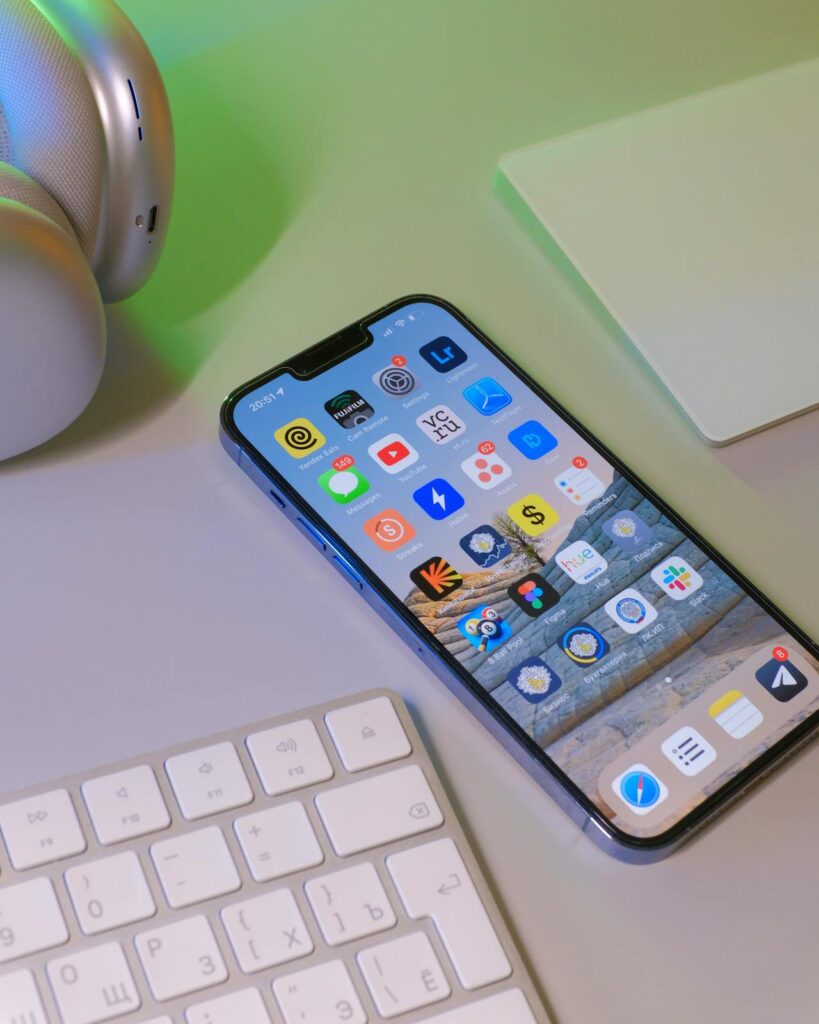Mental Health Apps: Can Technology Improve Your Well-being?
In an era where technology permeates every facet of our lives, it is no surprise that it has found its way into the realm of mental health. From mindfulness and meditation apps to platforms offering cognitive behavioral therapy (CBT) exercises, the digital age offers an array of tools designed to enhance our mental well-being. But how effective are these apps, and can they truly replace traditional forms of therapy and medication?
The Rise of Mental Health Apps
Mental health apps have surged in popularity, providing users with easy access to resources that can help manage stress, anxiety, depression, and other mental health conditions. Apps like Headspace, Calm, and BetterHelp boast millions of users and offer services ranging from guided meditations to virtual therapy sessions. The appeal of these apps lies in their convenience, affordability, and the privacy they offer.
Benefits of Mental Health Apps
1. Accessibility: One of the primary advantages of mental health apps is their accessibility. They allow users to access support and resources at any time, from anywhere. This can be particularly beneficial for those living in remote areas or for individuals who face barriers to accessing traditional therapy.
2. Affordability: Mental health apps are often more affordable than traditional therapy. Subscriptions typically cost a fraction of the price of regular therapy sessions, making mental health support more attainable for a broader audience.
3. Stigma Reduction: For some, the stigma associated with seeking mental health support can be a significant barrier. Apps offer a level of anonymity that can encourage more individuals to seek help without the fear of judgment.
4. Self-Management: Many apps provide tools and techniques that empower users to manage their mental health independently. Features such as mood tracking, journaling, and relaxation exercises can help individuals develop a better understanding of their mental health and take proactive steps to improve it.
Limitations and Concerns
Despite their benefits, mental health apps are not without limitations.
1. Lack of Personalization: Unlike therapy with trained professionals, mental health apps often provide generalized advice and exercises. They lack the personalization coming from understanding an individual’s unique circumstances and history.
2. Quality Control: The mental health app market is largely unregulated, leading to significant variations in the quality and efficacy of available apps. Some may offer unproven or even potentially harmful advice.
3. Data Privacy: Concerns about data privacy and security are paramount. Users need to be assured that their personal information and mental health data are being handled securely and ethically.
4. Dependency on Technology: Relying solely on apps for mental health support can be problematic, especially if it leads to a decrease in face-to-face interactions and professional guidance.
Technology as a Complement, Not a Replacement
It is crucial to emphasize that while mental health apps can be valuable tools, they cannot replace traditional forms of therapy, medication, or the personalized care provided by healthcare professionals. These apps should be viewed as complementary resources that can enhance, but not substitute, professional treatment.
Dr. John Torous, a prominent psychiatrist, points out that “apps can augment therapy by offering tools that help patients practice skills between sessions, but they cannot replace the therapeutic relationship and personalized care that a trained professional provides.”
The Role of Healthcare Professionals
Healthcare professionals play an indispensable role in mental health care. They possess the expertise to diagnose conditions accurately, prescribe appropriate medications, and provide tailored therapeutic interventions. It is essential for individuals experiencing severe or persistent mental health issues to seek professional help and use apps as supplementary tools rather than primary sources of support.
Conclusion
The advent of mental health apps marks a significant development in the way we approach mental well-being. They offer unprecedented accessibility, affordability, and convenience, making mental health support more available to those in need. However, these apps are not a panacea. The complexities of mental health require the expertise, empathy, and personalized care that only trained professionals can provide.
As we navigate the evolving landscape of digital mental health, it is vital to maintain a balanced perspective. Mental health apps can be powerful allies in our journey toward well-being, but they are not replacements for the invaluable human touch that characterizes effective mental health care.
The author Dr. Sowmya, a practicing physician with extensive experience in mental health care, offers a Solution-Centric Breakthrough Session designed to provide holistic and personalized support for individuals seeking to improve their mental well-being. Her approach combines the best of traditional therapy with the innovative potential of digital tools, ensuring comprehensive care for her patients.
Suggested Reading Health Vs Wellness

